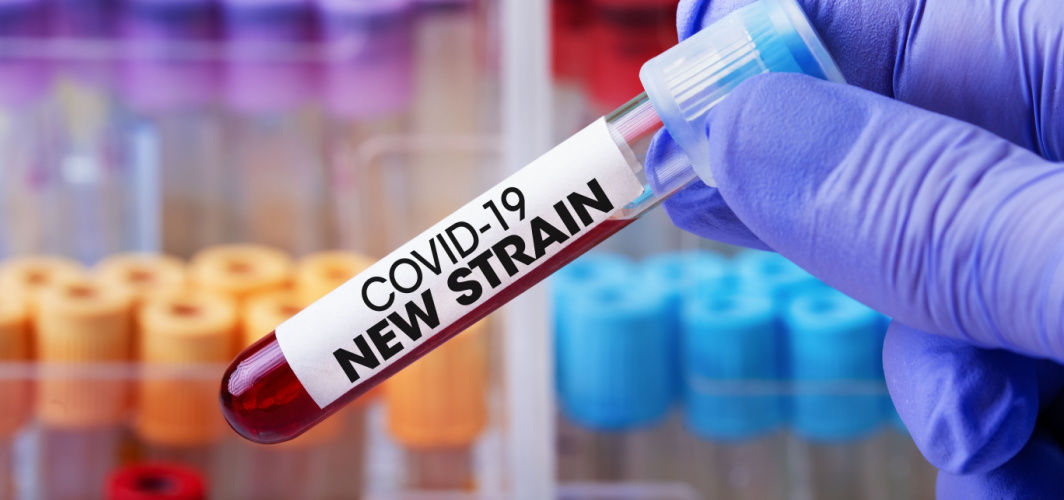Diabetes Management
A 10-Step Guide to Gestational Diabetes Care
2 min read
By Apollo 24|7, Published on - 22 May 2024, Updated on - 24 May 2024
Share this article
0
0 like
.jpg?tr=q-80)
Gestational diabetes, occurs during pregnancy, can be daunting for many. It's vital to remember that it doesn't spell disaster. With some alterations in your lifestyle and vigilant self-care, you can prevent any unwelcome complications.
Preventing Complications: Steps to Take
- Achieve a Healthy Weight: Before and during your pregnancy, it is crucial to maintain a healthy weight. Excess weight adds to the risk of gestational diabetes and other potential problems.
- Adopt a Balanced Diet: Focus on a balanced diet with controlled carbohydrate intake, emphasizing whole grains, lean proteins, vegetables, and healthy fats. Avoid foods and beverages high in refined sugars.
- Stay Active: Consistent physical activities such as walking or yoga can help manage blood sugar levels and improve insulin sensitivity.
- Monitor Blood Sugar Levels: As per your doctor's advice, keep track of your blood sugar levels at home using a glucose meter for better monitoring and both can work together to bring the blood glucose levels/Diabetes down.
- Stick to Your Treatment Plan: Strictly adhere to the treatment plan outlined by your doctor. This may include dietary changes, physical activities, and medications like insulin if required.
- Regular Check-ups: Attend all follow-up appointments with your obstetrician and endocrinologist for better management of gestational diabetes.
- Shed Pregnancy Weight: If you've gained additional weight during pregnancy, aim to lose it within a year of delivery under the guidance of a registered dietitian and activity expert, This can reduce the risk of type 2 diabetes later in life.
- Breastfeed Your Baby: choose breastfeeding as it can assist in regulating your blood sugar levels.
- Get Screened for Type 2 Diabetes: Post-delivery, go for regular check-ups for type 2 diabetes as gestational diabetes could increase future risks.
- Planning Another Pregnancy?: If you had gestational diabetes previously and plan another pregnancy, inform your doctor. They might recommend early screening and measures to ensure a healthy pregnancy.
By adhering to these 10 steps, you can effectively manage gestational diabetes and prevent complications for both you and your baby. Always work closely with your healthcare team for optimal care during your pregnancy.
Diabetes Management
Consult Top Diabetologists
View AllLeave Comment
Recommended for you

Diabetes Management
Master Diabetes Management with Methi Dana
Fenugreek seeds or Methi Dana can be a powerful addition to your diabetes management. Packed with soluble fibre and compounds enhancing insulin sensitivity, fenugreek aids in regulating blood sugar levels. You can try fenugreek water for a morning boost, sprinkle fenugreek powder on meals, or enjoy Methi Dana tea. These seeds can also be added to your soups, stews, and salads. Start small, monitor your body’s response, and consult your healthcare professional for personalised advice.

Diabetes Management
COVID-19 JN.1 Variant: Should Diabetics Take Extra Precautions?
The WHO coined JN.1 as a "variant of interest," with low current public health risk but the potential for increased COVID-19 cases, especially in countries with ongoing winter. Booster shots are recommended for those with comorbidities like uncontrolled diabetes and individuals over 60, with limited evidence of JN.1's vaccine resistance. Uncontrolled diabetes elevates the risks and severity of the disease., Standard preventive measures remain crucial against all variants, reinforcing the ongoing fight against COVID-19.

Diabetes Management
Managing Gestational Diabetes: Diagnosis, Treatment, and Prevention
Gestational diabetes is a condition that arises during pregnancy and requires careful management. Diagnostic tests are critical between the 24th and 28th week of gestation. Effective management includes dietary changes, physical activity, and sometimes medication. Post-pregnancy care is equally important to prevent future health complications. Always consult with your doctor for effective management of gestational diabetes.
Subscribe
Sign up for our free Health Library Daily Newsletter
Get doctor-approved health tips, news, and more.
Visual Stories

8 Fruits That are Incredibly Healthy for Diabetes
Tap to continue exploring
Recommended for you

Diabetes Management
Master Diabetes Management with Methi Dana
Fenugreek seeds or Methi Dana can be a powerful addition to your diabetes management. Packed with soluble fibre and compounds enhancing insulin sensitivity, fenugreek aids in regulating blood sugar levels. You can try fenugreek water for a morning boost, sprinkle fenugreek powder on meals, or enjoy Methi Dana tea. These seeds can also be added to your soups, stews, and salads. Start small, monitor your body’s response, and consult your healthcare professional for personalised advice.

Diabetes Management
COVID-19 JN.1 Variant: Should Diabetics Take Extra Precautions?
The WHO coined JN.1 as a "variant of interest," with low current public health risk but the potential for increased COVID-19 cases, especially in countries with ongoing winter. Booster shots are recommended for those with comorbidities like uncontrolled diabetes and individuals over 60, with limited evidence of JN.1's vaccine resistance. Uncontrolled diabetes elevates the risks and severity of the disease., Standard preventive measures remain crucial against all variants, reinforcing the ongoing fight against COVID-19.

Diabetes Management
Managing Gestational Diabetes: Diagnosis, Treatment, and Prevention
Gestational diabetes is a condition that arises during pregnancy and requires careful management. Diagnostic tests are critical between the 24th and 28th week of gestation. Effective management includes dietary changes, physical activity, and sometimes medication. Post-pregnancy care is equally important to prevent future health complications. Always consult with your doctor for effective management of gestational diabetes.


